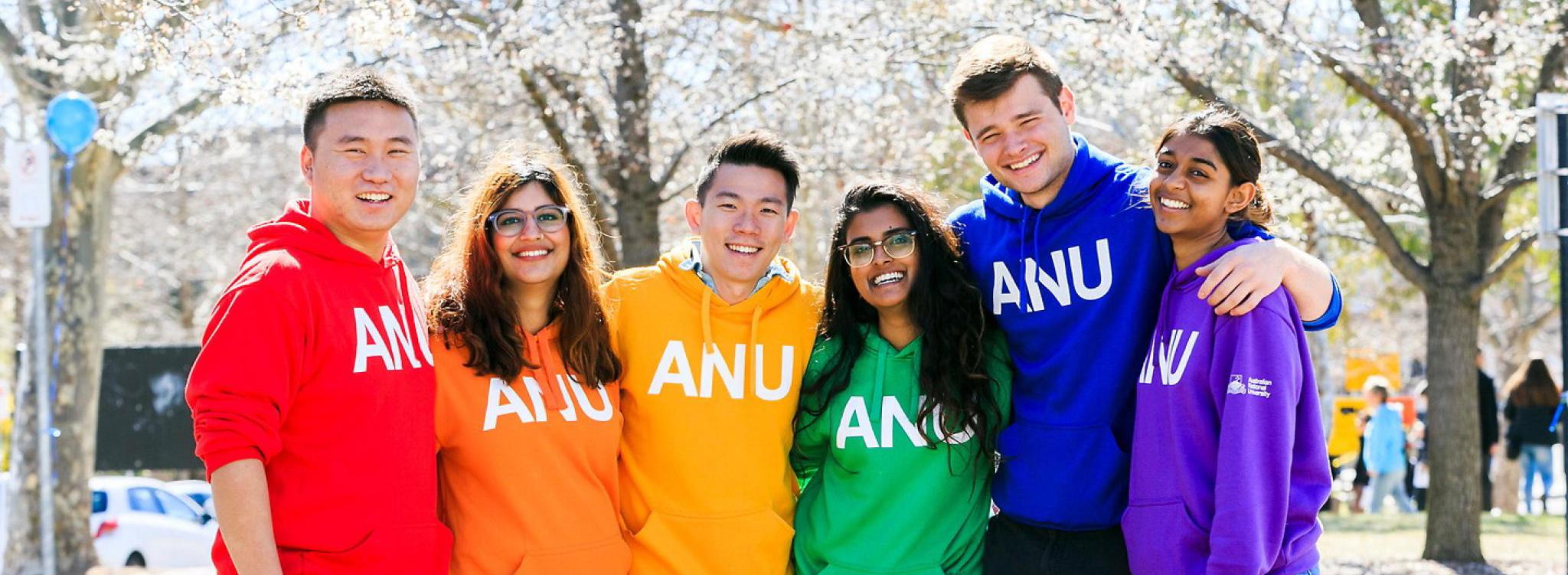This year, the I.D.E.A Committee will focus on consolidating the extensive work that has been undertaken on gender equity in addition to identifying and responding to existing gaps. The focus is supporting each of CAP’s four Schools towards its reaching their own I.D.E.A goals in an effort to support a whole-of-community approach aiming to effect change at the individual, relationship, community levels. As a College, CAP has made four key commitments in relation to gender equality:
Read more
- Inclusive and collaborative workplace culture that values diversity and inclusion – positive results from staff and student surveys regarding workplace culture
- Literacy on respectful relationships – increased awareness of prevention strategies and response services
- Engagement and impact metric: 50/50 gender balance on public panels
- Updated policies that are implemented and responsive to emerging issues to support an inclusive environment
- Acknowledgement and celebration of efforts across the College to improve inclusive culture through sharing good practice.
Read more
- Dedicated gender equality support to the Dean’s Office through the provision of an Associate Dean I.D.E.A
- I.D.E.A governance infrastructure established and functioning at College and School levels
- Gender equality included as standing item on executive committee meetings
- Operational capacity of gender equality principles increased in professional and academic staff.
Read more
- Succession and retention plans for women across at the School level
- Increased number of women appointed in senior roles
- Gender balance on selection and promotions committees
- Increased knowledge of supervisors and staff on promotions process built into PDRs
- Bias training for all staff, including promotions committees
- Support targeted efforts to address the decrease of publications from COVID-19.
Read more
- Support and promote research on gender equality
- Community of Practice on decolonising and gender-sensitive teaching established at School-levels
- Collection and communication of successful practices in relation to decolonising and gender-sensitive teaching approaches
